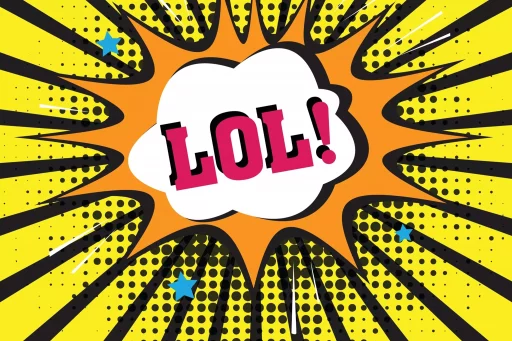Introduction to TIA in Slang
In the dynamic world of language, slang evolves rapidly, often giving birth to acronyms that capture the essence of a phrase in just three letters. One such acronym that has gained traction in casual conversation, particularly on social media, is ‘TIA.’ Understanding its meaning and context can help you navigate modern communication.
The Definition of TIA
‘TIA’ stands for ‘Thanks In Advance.’ It’s commonly used in both written and spoken communication to express gratitude before someone has fulfilled a request. By using this acronym, individuals convey politeness and anticipation, reinforcing the idea that they appreciate help even before it’s given.
Origins and Popularity
The term ‘TIA’ isn’t new; it has been used in email communication since the early 2000s. However, the rise of texting and social media platforms has popularized this acronym, making it a staple in everyday language.
Why Use TIA?
Utilizing ‘TIA’ can be beneficial in several ways:
- Politeness: It demonstrates good manners and respect towards the person you are addressing.
- Efficiency: It saves time by shortening the phrase ‘thanks in advance,’ especially useful in fast-paced environments.
- Expectation Management: It signals to the recipient that you are seeking help and will appreciate their effort.
Examples of Using TIA
Here are a few scenarios where ‘TIA’ might be appropriately used:
- Email Communication: “Could you send me the updated report by end of the day? TIA!”
- Social Media Posts: “Does anyone have recommendations for good restaurants in NYC? TIA!”
- Text Messages: “I’m running late to the meeting. Can someone set up the projector? TIA!”
TIA in Different Contexts
While ‘TIA’ is predominantly used in friendly or informal settings, it can be applied in various contexts:
- Workplace Communications: Although casual, using ‘TIA’ in emails between colleagues can promote a friendly environment.
- Social Media Engagements: On platforms like Twitter and Facebook, the use of ‘TIA’ can foster community interactions.
- Personal Messaging: In texts or chats, it enhances friendly communication among peers.
Statistics on Slang Usage
According to a recent survey conducted by the Language and Technology Institute:
- Over 70% of young adults aged 18-24 use slang regularly when communicating online.
- More than 60% of respondents reported that they find acronyms like ‘TIA’ helpful in casual conversations.
- About 40% of individuals express that using slang makes communication feel more relatable and casual.
Case Studies: TIA in Real-Life Scenarios
To further understand the impact of ‘TIA,’ we can look at some case studies:
- Case Study 1: A tech company adopted ‘TIA’ in its internal communication to promote a more relatable and informal workplace culture. This led to increased team collaboration and improved morale.
- Case Study 2: A non-profit organization that utilizes social media found that incorporating slang, including ‘TIA,’ in its outreach messages increased engagement rates by 35% compared to formal requests.
Conclusion: Embracing Modern Slang
As slang continues to evolve, understanding terms like ‘TIA’ is essential for effective communication in today’s digital landscape. Whether in professional settings or casual conversations, using acronyms like ‘TIA’ can enhance interactions and build stronger relationships. Next time you send a quick message or post on social media, consider throwing in a ‘TIA’ to show that you appreciate the help before it even arrives!






